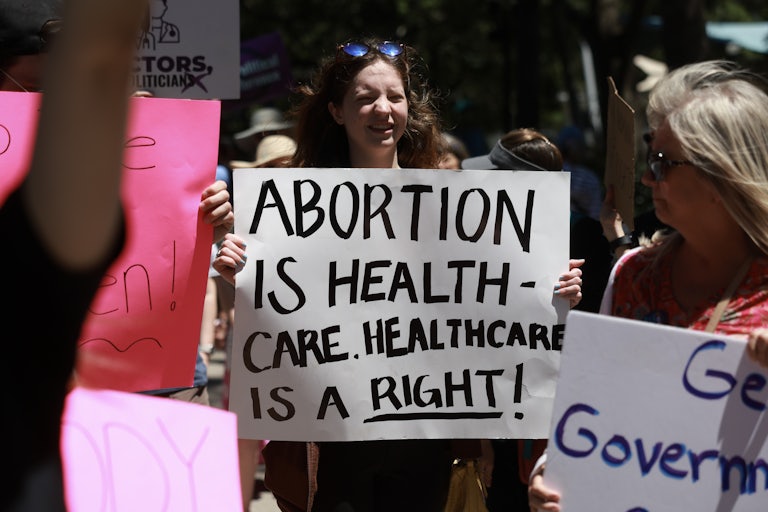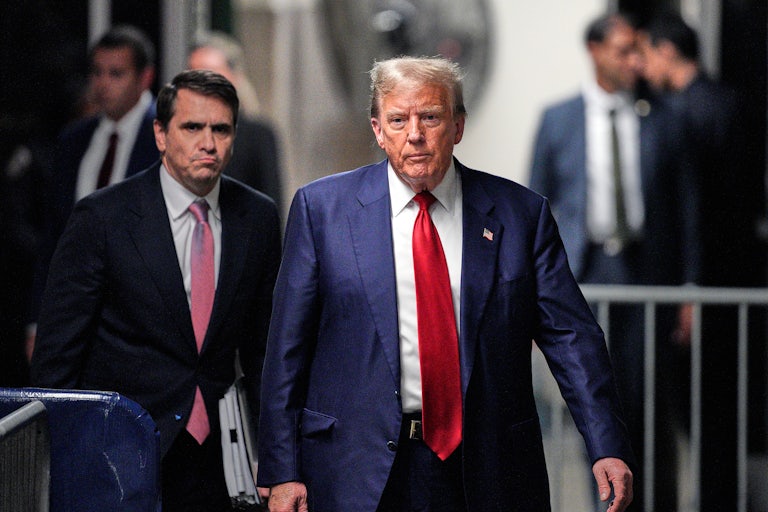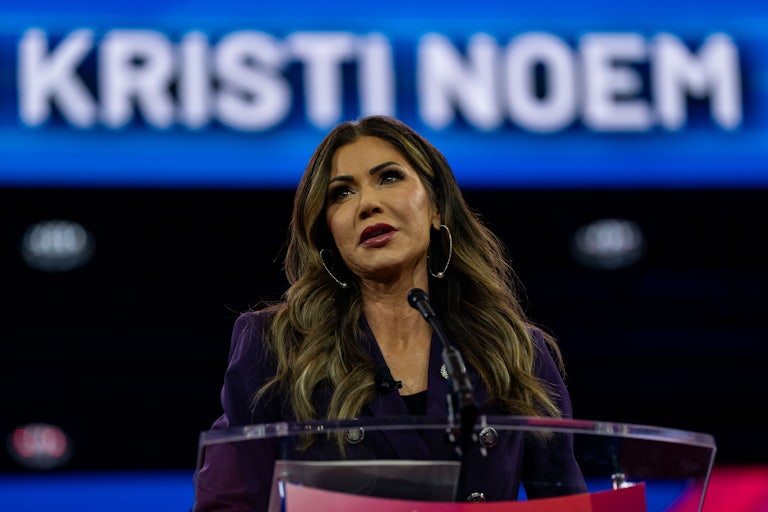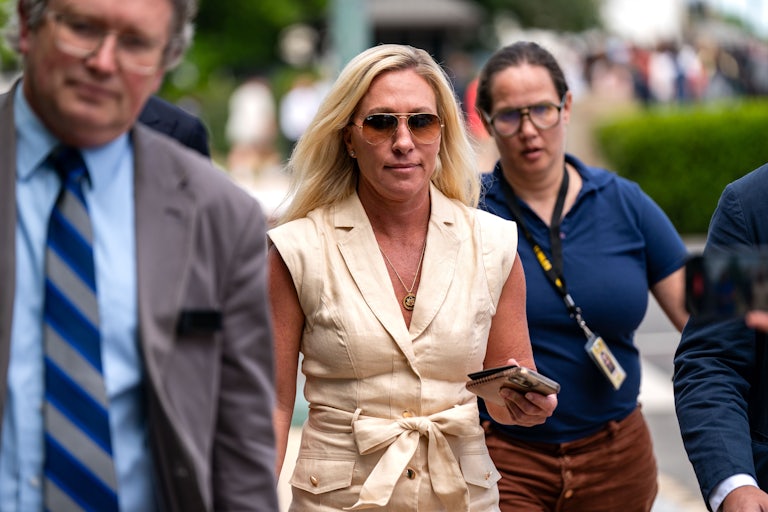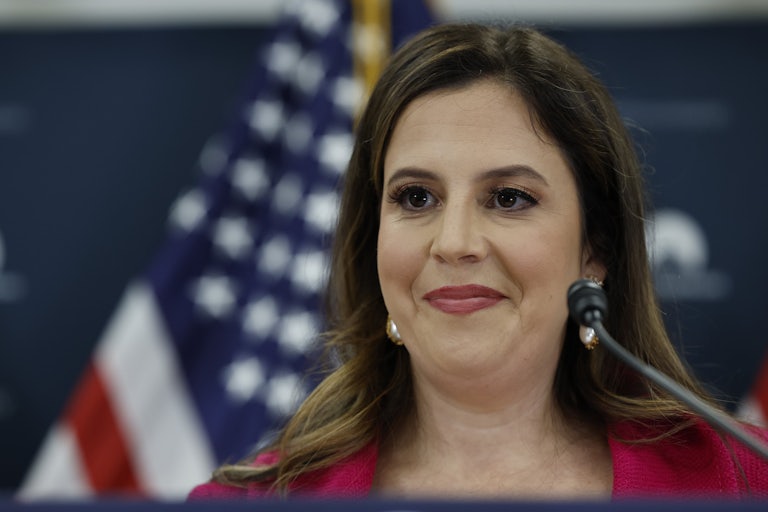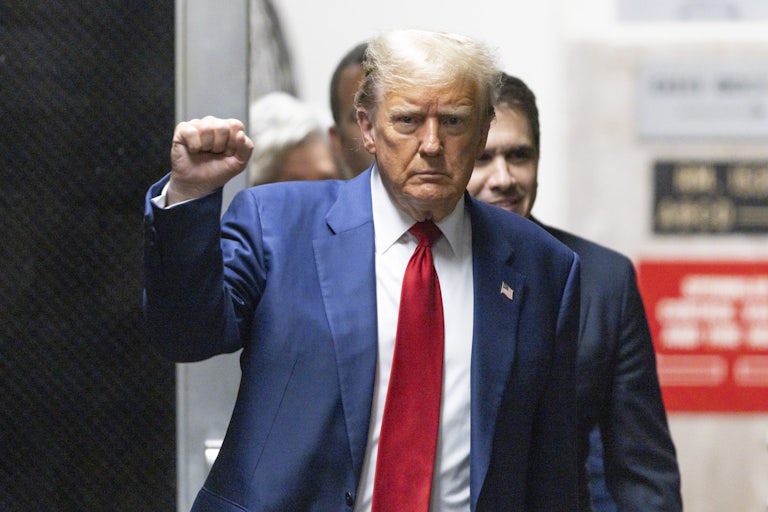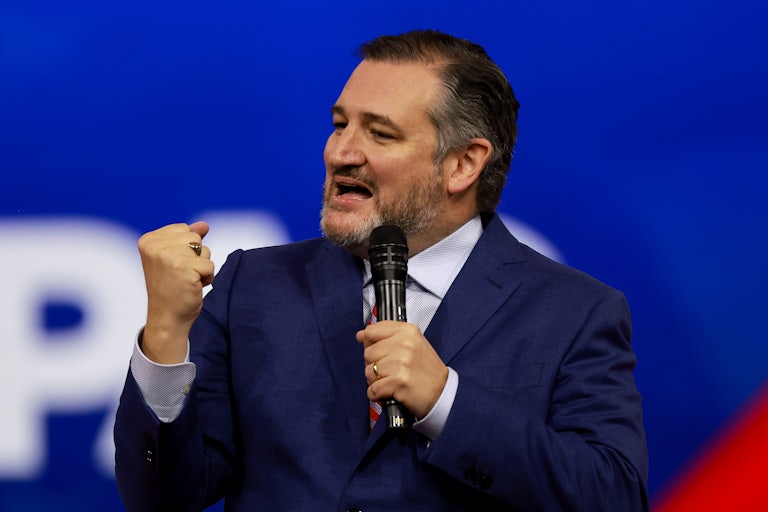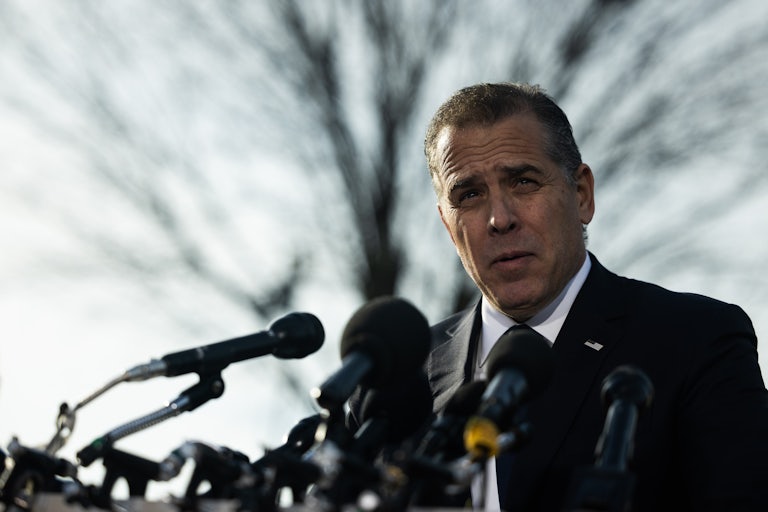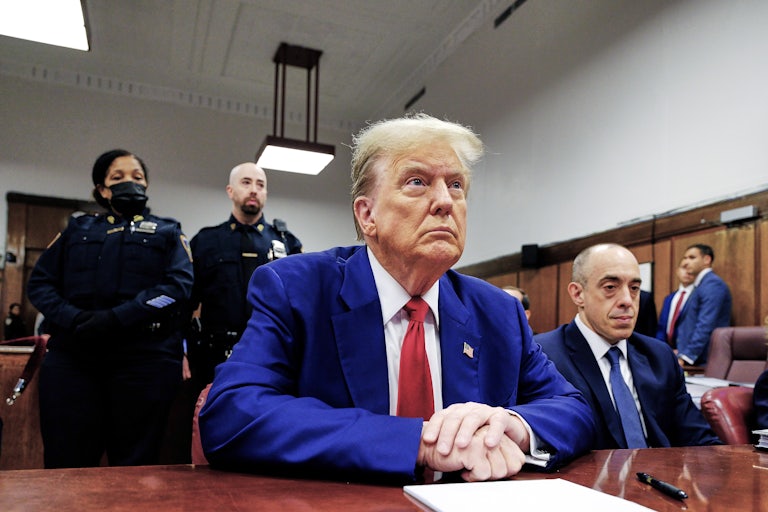Actual Violence Broke Out at University Protests. Police Just Stood By
Law enforcement was nowhere to be seen when protesters on the UCLA campus were attacked.
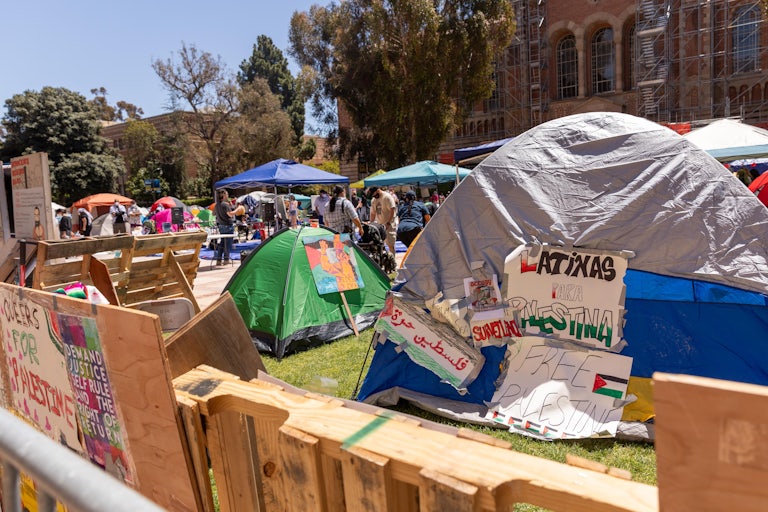
Peaceful protest encampments at colleges and universities across the country protesting the institutions’ relationships with the Israeli government and weapons manufacturers have come under brutal attack, with police playing a heavy part.
At UCLA, counterprotesters attacked the student-led encampment Tuesday night by tearing down barricades and plywood surrounding it. They shouted, “Second Nakba!” referring to the mass displacement and attacks on Palestinians when Israel was founded in 1948, as well as insults and slurs.
Pro-Israel counterprotestors started tearing down @UCLA encampment barriers and screamed "Second nakba!" referring to the mass displacement & dispossession of Palestinians during the 1948 Arab-Israeli war. Per @latimes @safinazzal on the scene with another video: pic.twitter.com/zSplnd1bYO
— Teresa Watanabe (@TeresaWatanabe) May 1, 2024
According to the Los Angeles Times, the counterprotesters wore black clothing and black masks, and threw pieces of wood and even fireworks at the encampment. Local TV station Fox 11’s account had a similar description, adding that counterprotesters initially used pepper spray, until some members of the encampment began spraying it back.
Where were police and security when this was happening? According to The Guardian, their response was lacking. Police in riot gear initially formed a line near the camp but didn’t immediately move to separate protesters and counterprotesters. The campus newspaper, The Daily Bruin, said that four of its reporters were followed and also assaulted.
At Columbia University in New York, police were directly involved, moving to clear out an academic building that protesters had taken over. NYPD officers showed up on campus with an armored vehicle, using a ladder to enter the building, and made more than 300 arrests.
As the arrested students were led away with their hands in zip ties, supporters cheered for them and chanted, “Let them go.”
Police cracked down on protests across the city, including violently breaking up protests at City University of New York, a move that a Guardian reporter called “excessive.”
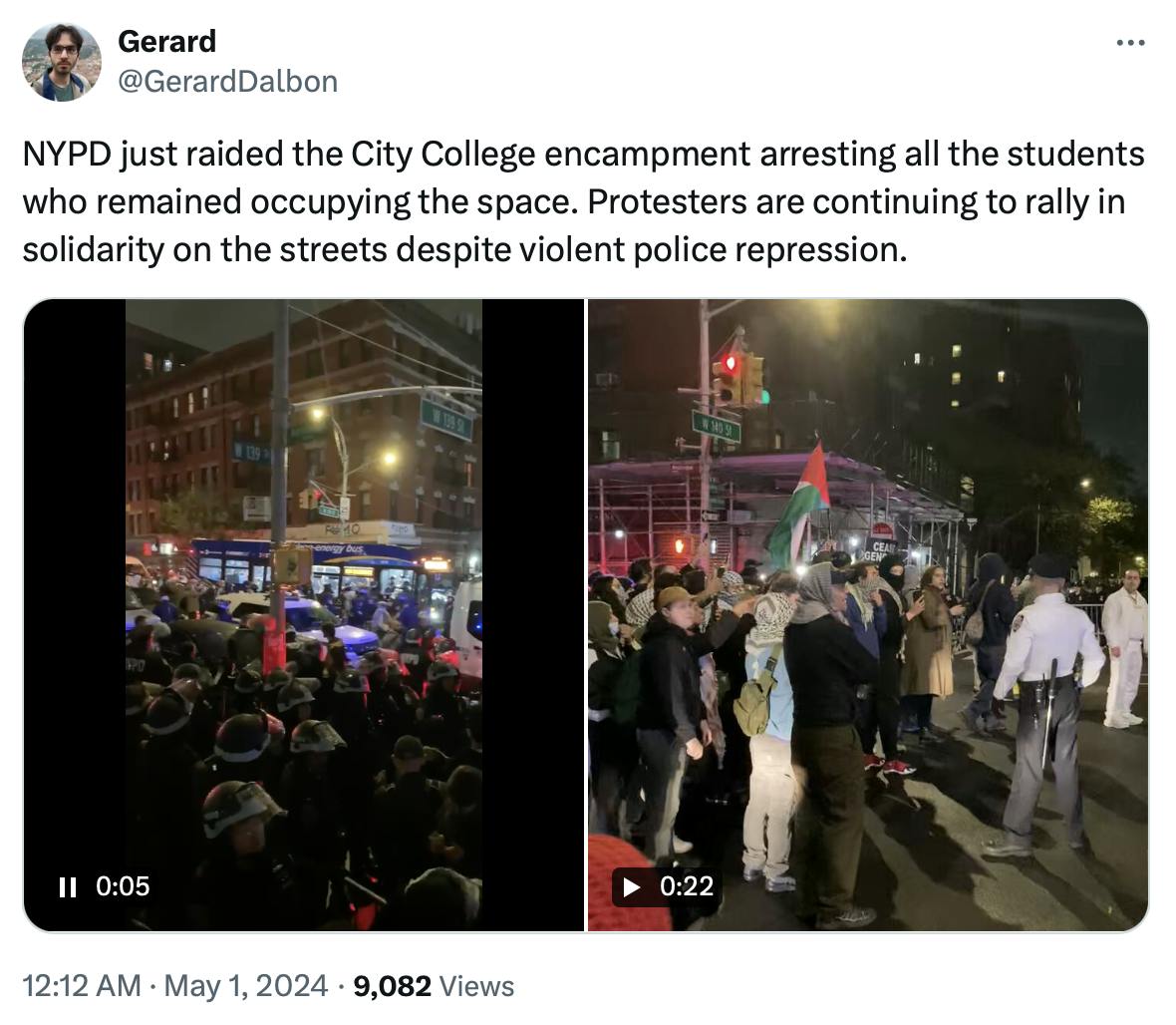
The scenes from other universities across the country were just as shocking. Police moved to break up an encampment at Tulane University in New Orleans with guns drawn, arresting 14 people.
At the University of Arizona at Tucson, police used nonlethal chemicals to disperse protesters.
CHAOS AT THE UNIVERSITY OF ARIZONA AS POLICE AND PROTESTERS CLASH pic.twitter.com/mWxPuFKU0g
— Ellie Wolfe (@elliew0lfe) May 1, 2024
The excessive use of force on nonviolent protesters could all have been avoided. At Northwestern University in Illinois, university officials negotiated a deal with students to increase transparency on investments and fund Palestinian professors and students. At Wesleyan University in Connecticut, President Michael Roth issued a measured statement that refrained from attacking a student protest encampment.
“The protest has been non-violent and has not disrupted normal campus operations. As long as it continues in this way, the University will not attempt to clear the encampment,” Roth said.
Overall, the national media could do a far better job of articulating what students are pushing for: an end to America’s unconditional support for a brutal ally’s war, and for their universities to end their complicity with that ally. Congress should recognize the brutal assault on academic freedom and free speech, instead of condemning the protesters.
Most of all, American leaders should end their support for a genocide by ending arms sales to Israel. But none of that is happening right now, and until it does, protests will continue in one form or another no matter how violently the police respond.
